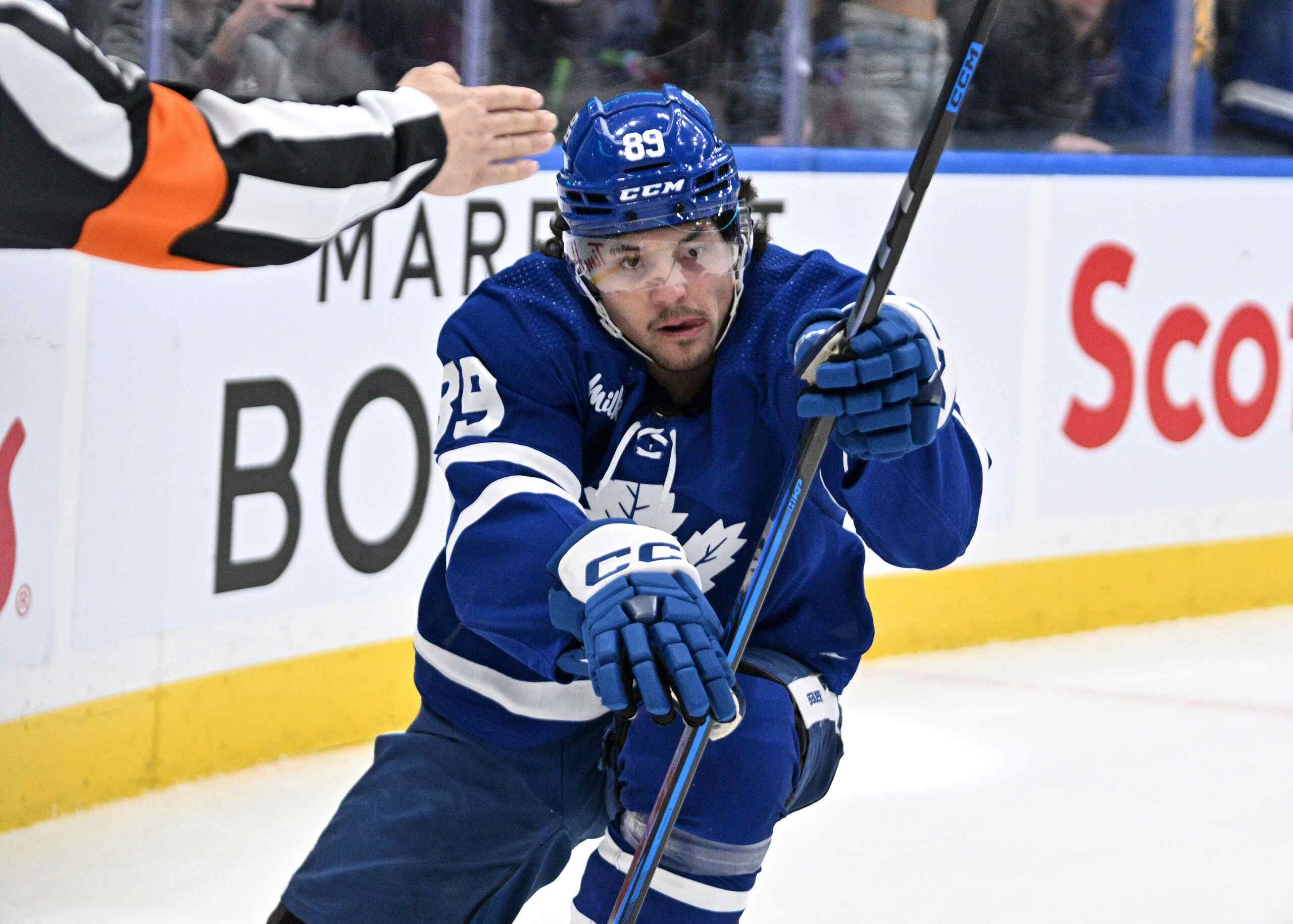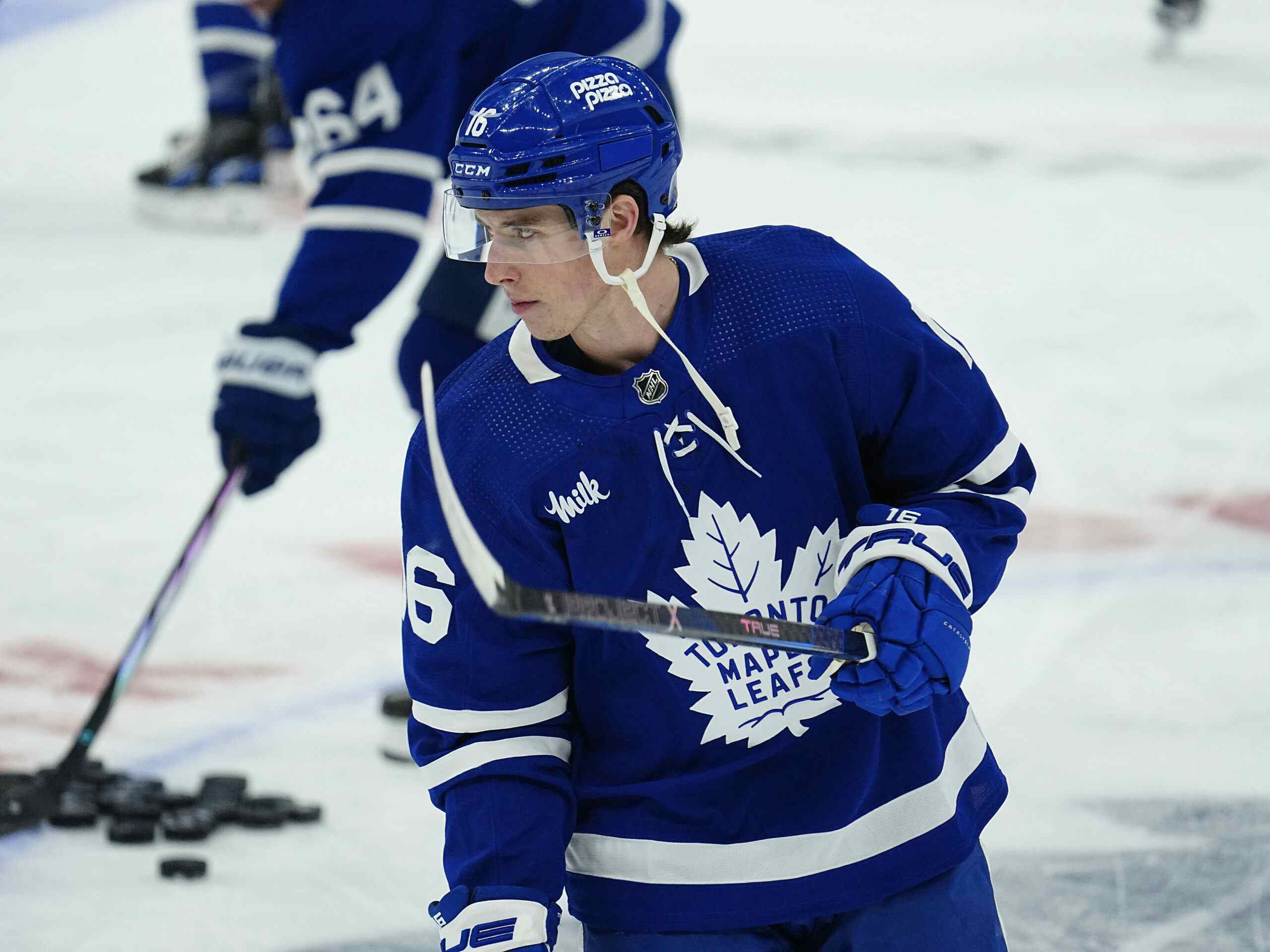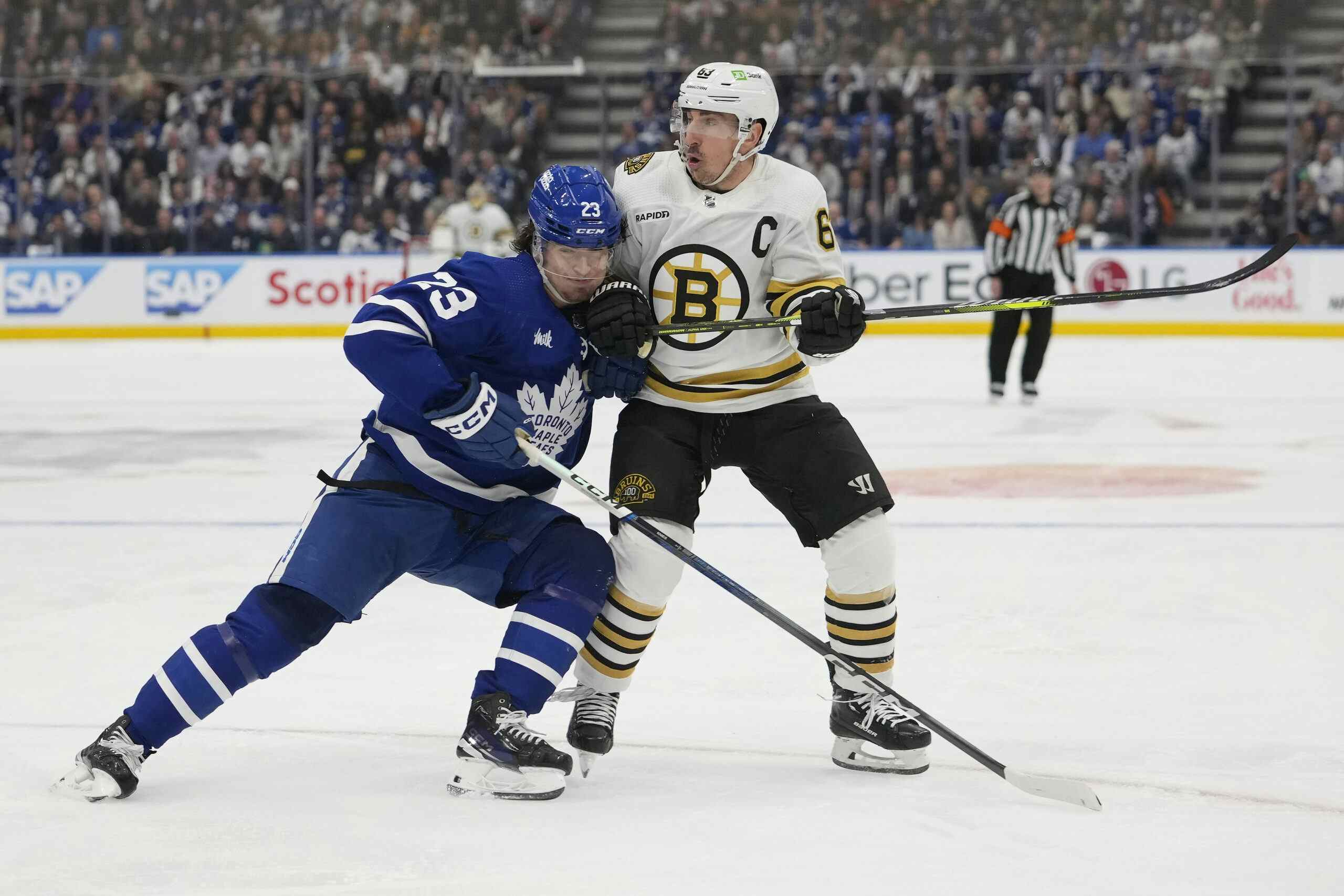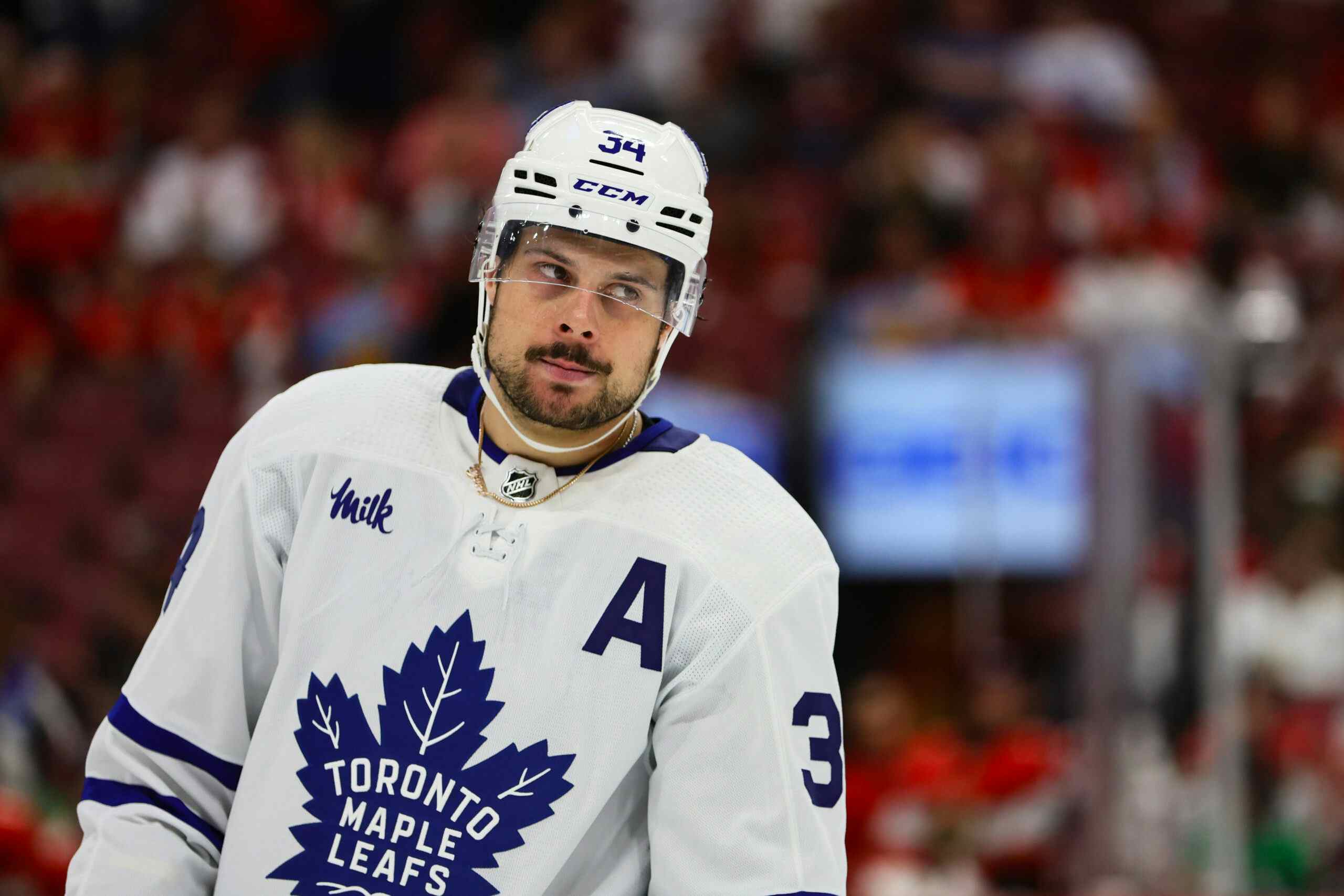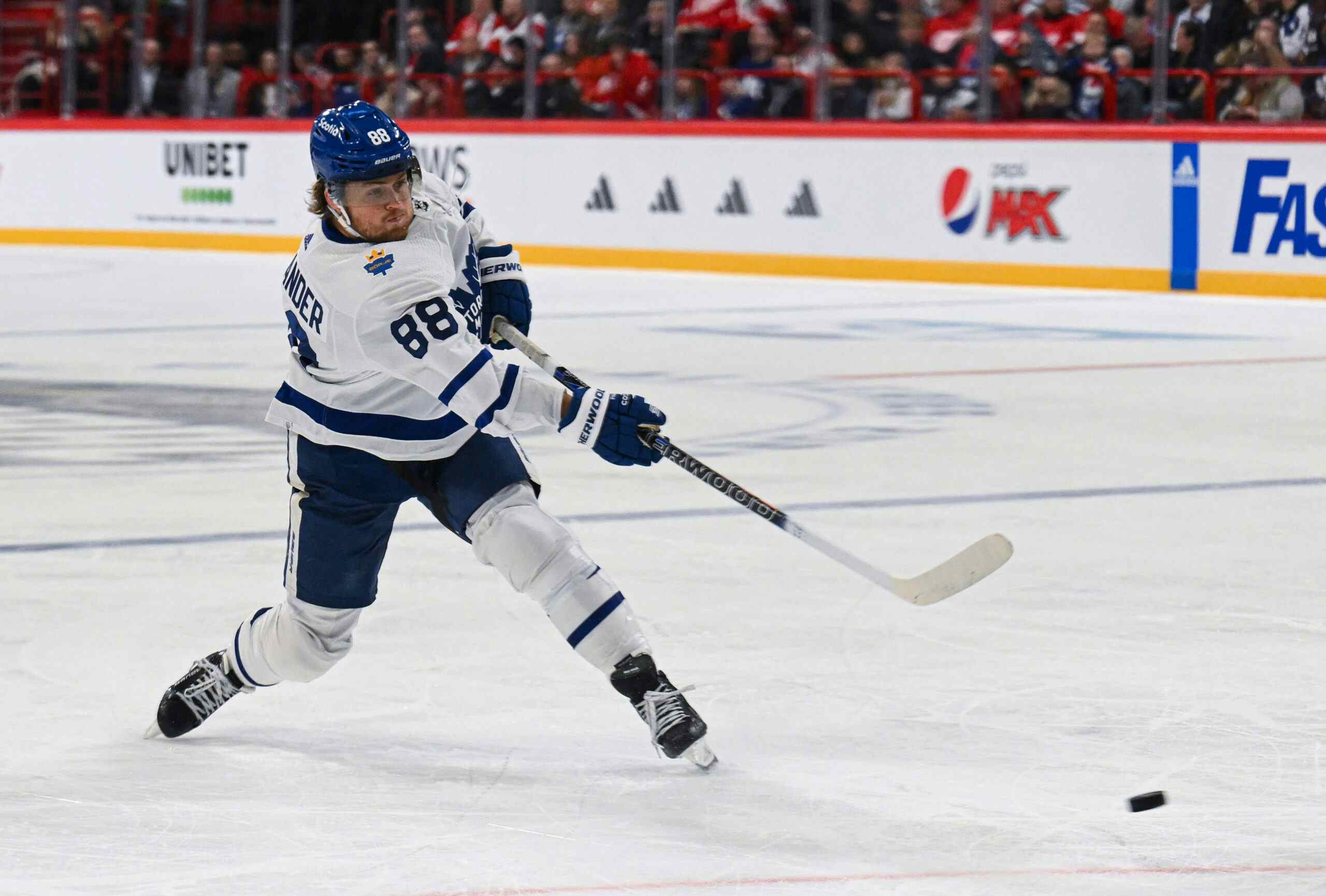Remembering Pat Quinn on the 1-year anniversary of his death

Photo Credit: Anne-Marie Sorvin/USA TODAY Sports
Editor’s Note: The following is a guest piece from historian and friend of the blog, Mike Commito. About a year ago Committo wrote a biography about Pat Quinn for the Canadian encyclopedia, and as part of the project he touched base with a handful of key people close to the late head coach and general manager, including: George McPhee, Brian Burke and Trevor Linden.
As Mike explains it, there were some quotes he didn’t get to use because of a strict word count, and he was hoping to revisit Quinn’s memory anyway on the one-year anniversary of his passing. We’re happy to give him a place to do that.
It is hard to believe that it has already been a year since the hockey world lost the great Pat Quinn. Affectionately known as the “Big Irishman,” Quinn was a large than life figure who was respected by his peers throughout the league and adored by fans of the game.
Born John Brian Patrick, Quinn grew up in the east end of Hamilton, Ontario where his hockey career first began. He had the opportunity to play for his hometown junior team, the Hamilton Tiger Cubs of the Ontario Hockey Association. After completing secondary school, Quinn had hoped to attend Michigan Tech, but because the Tiger Cubs were affiliated with the Detroit Red Wings at the time, he was unable to pursue this path because of NCAA eligibility issues. Instead, Quinn ventured out west and continued playing junior hockey with the Edmonton Oil Kings of the Central Alberta Hockey League. The detour proved fortuitous for Quinn, as he was part of the 1963 Memorial Cup winning team.
After working his way through the minor professional hockey league circuit, Quinn broke into the NHL in 1968 when he started playing for the Toronto Maple Leafs. As a big, hard hitting defenseman, his tenure in Toronto is probably best remembered for the time when he knocked Bobby Orr out of a playoff game in 1969, sending him to the hospital. Quinn later played for the Canucks and the Atlanta Flames, both expansion franchises. Following an inopportune skateboarding accident, yes you read that correctly, Quinn retired from hockey after the 1976-77 season. In 606 regular season games he registered 131 points and racked up 950 penalty minutes.
It wasn’t long before Quinn found himself back in the NHL. In 1977 he served as an assistant coach for the Flyers, and after becoming the bench boss for their AHL affiliate, the Maine Mariners, the following season, he became the head coach of the Flyers in January 1979. During his first full season as head coach, Quinn presided over the longest undefeated streak in NHL history. From October 14th 1979 to January 6th 1980, the Flyers were held without a loss for thirty-five games (25 wins and 10 ties). In the playoffs they took the Islanders to six games in the Stanley Cup Final but fell short against a team that would go on to win four-straight titles. Quinn’s efforts at the helm did not go unnoticed, and he picked up his first Jack Adams that offseason.
After a few more years in Philadelphia and a brief, controversial, stopover in Los Angeles, Quinn made his way back to the Canucks where he began his role as president and general manager in 1987.
While continuing his executive duties, Quinn began coaching again during the 1990-91 season, winning his second Jack Adams in 1992, and helping to guide the Canucks to the Stanley Cup Final in 1994. Following the heartbreaking loss, Quinn withdrew from coaching and focused on his management duties.
Following Quinn’s departure from the Canucks in 1997, he made the sojourn east and coached the Toronto Maple Leafs from 1998 to 2006. During his tenure as the Leafs’ bench boss, he coached the team to a club record 45 game winning season in 1998-99, qualified for the playoffs six times, and reached the Eastern Conference Final twice. Despite his track record in Toronto, the Leafs dismissed him in 2006 after the team missed the postseason. Quinn took three years away from coaching at the NHL level before he returned to coach the fledgling Oilers in 2009. Despite his extensive knowledge and expertise behind the bench, Quinn could not right the struggling Edmonton club and was fired in the offseason. He subsequently retired and finished his coaching career with a 684-528-154-34 record. He currently ranks sixth all-time in coaching wins.
Fans of the game will also remember Quinn’s international success as a Hockey Canada coach. In 2002 he coached the men’s national team to its first Olympic gold medal in fifty years and his Midas touch continued with the 2004 World Cup and 2009 World Junior squads.
While his on-ice accomplishments are enormous, Quinn may be best remembered for his integrity, passion, and charm, which he embodied throughout his daily life. Brian Burke, who served as Director of Hockey Operations with the Canucks from 1987-1993 recalled “he was a big handsome man, he was a spectacle.”
Burke recounted one story in which he remembers walking to the game with Quinn but they kept getting stopped by fans all along the way. Burke says he finally gave up and went to the arena and waited for him there. You could hear the fondness in Burke’s voice as he thought about “this great big guy and how he had time for everybody, he had a smile and a hello for everybody.”
Trevor Linden, who was drafted second overall by Quinn in 1988 and played under him in Vancouver, also recalled the Big Irishman’s magnetic personality. For Linden, he believed Quinn “had an incredible presence. You instantly respected him and he was one of the most natural leaders I had ever seen because he didn’t have to say anything when he walked in and when he did, he was a great storyteller.”
Linden, who is now the Canucks President of Hockey Operations and Alternate Governor, credits Quinn for making hockey relevant in Vancouver and British Columbia. He changed the “landscape” and “brought the pride back, he defended the flag, he defended the colours.”
As Linden was quick to emphasize, though, it was the “off-ice part, which really had an impact.
“He expected his players on the ice to be hard working and dedicated and committed and all those things, and he insisted that those players, if you wanted to play in Vancouver, that’s what we expect off the ice as well,” Linden says of Quinn’s approach.
George McPhee, former vice-president and director of operations for the Canucks, praised Quinn for his cerebral thinking and how he approached the game. According to McPhee, “what might set him apart from a lot of people, I think he loved the artistry of the game and the beauty of the game, as much as anyone and wanted the game to be entertaining, fast-paced, skilled, and people thinking on the ice.”
It’s no coincidence that all three of these NHL executives affectionately recalled the way in which Quinn treated people and they all point to this as one of his lasting legacies. For Burke, “he was just a wonderful man…when I talked to the media here [Vancouver], the best compliment you can give is everybody wanted to be like Pat. How many people in your life are you going to meet where you look at them and say, ‘I wish I was like him’ or ‘I wish I was more like that man,’ very few.” He continued by saying that “everybody wanted to be like Pat because he had a reputation for fairness, toughness, and honesty. Just a wonderful human being.”
McPhee had a similar recollection and he talked about how “we all, certainly, love hockey but I think we love the people in hockey more and especially people like Pat and the kind of people he surrounded himself with.”
As Linden continues to take up the Canucks mantle in Vancouver, it’s clear that he will look to bring Quinn’s finest qualities to his office. He admired the way Quinn valued people and how he treated everybody equally. According to Linden, whether it star centre or the “gentleman at the door doing security when he walked in the rink, there was no difference and that’s why, the hundreds of wins pat had, the Olympic gold medal, the world championship, those are all great and those are tangible but the real reason Pat is so revered in this city and this province is the way he treated people.”
It was clear from these conversations just how revered Quinn was, not just as a coach and an executive, but as a person. Today the hockey world reflects on the loss of this great figure to the game and our thoughts go out to Quinn’s wife Sandra and his two daughters Valerie and Kalli.
The author is this piece is Mike Commito, a Canadian historian. He writes for the Royal Half as the Preview Professor and has a history and hockey column with the Northern Life. Find him on Twitter @mikecommito.

Recent articles from Thomas Drance

